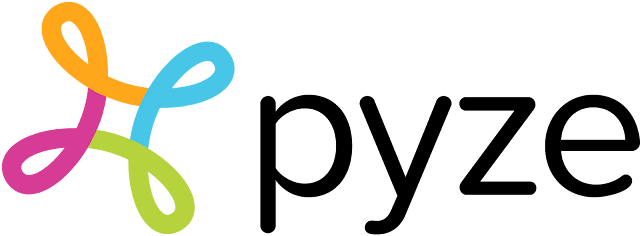Social media platforms now weaponised!
The digital traces of our lives -- on Facebook, Twitter, Instagram, WhatsApp, Snapchat -- are being mined into a trillion-dollar-a-year industry and there is no way out.
We are now the commodity for tech giants who are constantly watching us, sharing our data with third-party organisations who, then, are analyzing that in great details for individual-level targeting, swaying voters, benefitting advertisers and what not.
The new Netflix documentary "The Great Hack" reveals the sordid tale of UK-based and now defunct political consultancy firm Cambridge Analytica and its role in swaying US voters in the 2016 presidential elections which brought Donald Trump to power via illegally accessing data of 87 million Facebook users.
The documentary touches upon the biggest fear of our lives: Social media platforms created to connect us have been weaponised and are being wildly used by nation-state bad actors to influence free and fair elections around the world.
The aim is to find out the "Persuadables" -- people who do not have fixed views about who to vote for, and then bombard them with targeted ads which happened during the US elections and the Brexit campaign.
Most of us still do not realize that our personal data is out there and is being used against us in ways we do not understand.
It was two whistle-blowers from Cambridge Analytica -- Brittany Kaiser and Christopher Wylie -- who blew the lid off the dark secrets of their CEO Alexander Nix.
Cambridge Analytica had 5,000 data points on every American -- invisible information that was not visible to anyone except the data scientists at the firm.
According to Wylie, the firm was a "full service propaganda machine" and a grossly unethical experiment without people's consent or awareness.
Later, Cambridge Analytica's role in the Brexit campaign was revealed, thanks to Carole Cadwalladr, an investigative journalist with The Guardian and all the hell broke loose, leading to greater scrutiny by the US and EU regulators.
Through well-though narration and emoji-based animations, "The Great Hack" sheds light on one of the most complex scandals of our time.
Featuring Professor David Carroll who fought to get his data back from Cambridge Analytica and directed by Karim Amer and Jehane Noujaim, it exposes the dark arts of data processing.
A conversation with mathematician and data privacy evangelist, Paul-Oliver Deyhaye, led Carroll to submit a data subject access request (DSAR) to Cambridge Analytica in January 2017.
Subsequent media reports blew up the story on the relationship between Facebook and Cambridge Analytica to reveal a Nixon-style global scandal for the digital age that has prompted a sea change in the way the world thinks about data privacy.
The idea of people like Facebook CEO Mark Zuckerberg was to have a connected world which, in turn, has become a data sharing and selling exercise, "giving any buyer direct access to the users' emotional pulse".
In a historic judgment, the US Federal Trade Commission (FTC) last week slapped a massive $5 billion fine on Facebook over users' privacy violations in the Cambridge Analytica case. The US Securities and Exchange Commission (SEC) also directed the social networking platform to pay $100 million penalty for making misleading disclosures regarding the risk of misuse of user data.
Are these fines enough to regulate the tech giants?
We cannot say with certainty that India -- with 400 million WhatsApp users and another 300 million on Facebook, 200 million on TikTok and millions on other communication platforms -- is not affected by this global data colonization exercise.
We have seen how targeted campaigns reached voters in the 2019 general elections via various platforms and fake news spreads like a wildfire (the way mob-lynching incidents went viral on WhatsApp). There may well be a Cambridge Analytica back home too!
Another irony is: As you watch "The Great Hack" on Netflix, the algorithms are gauging your viewing preferences, and will soon send you a notification on documentaries you would like to see.





Comments